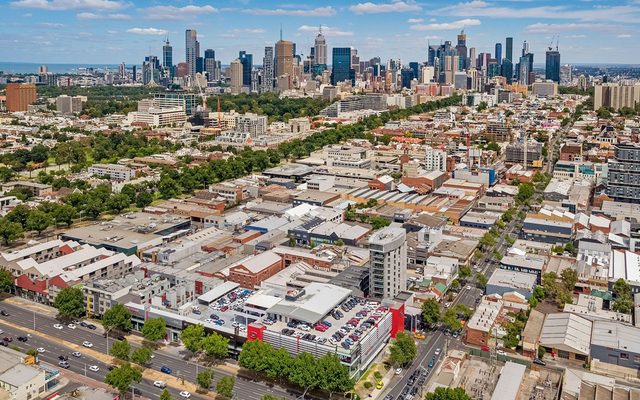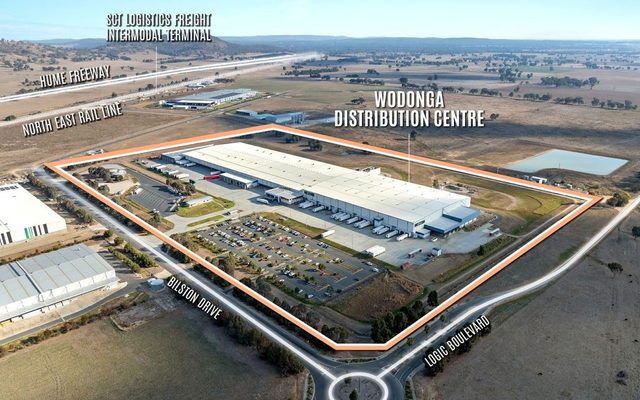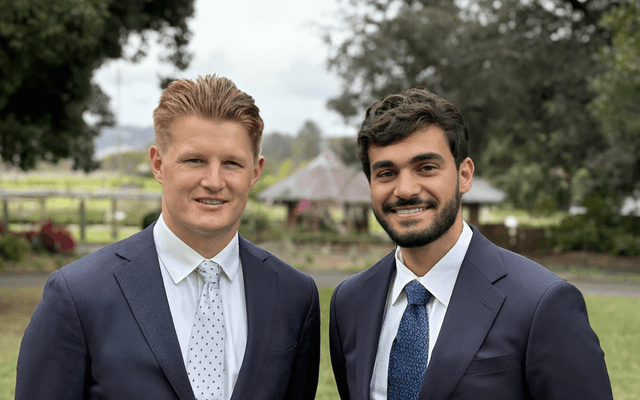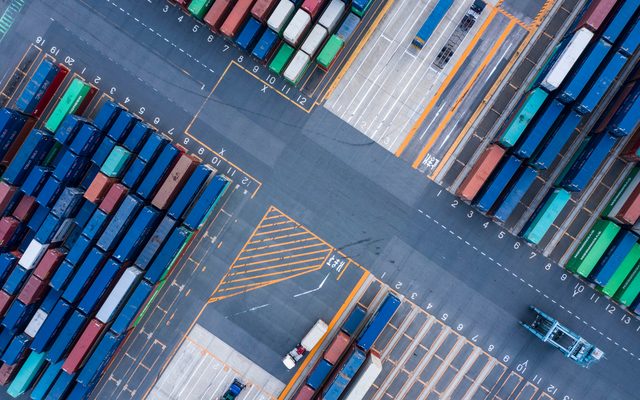This article is from the Australian Property Journal archive
FOREIGN owners of Australian residential properties could face penalties of up to $52,500 if they miss the deadline to lodge proof with the Australian Taxation Office, according to Pitcher Partners.
Vacant properties will incur a minimum vacancy tax of $5,200.
Pitcher Partners International Tax Partner Denise Honey said one year after the federal government introduced vacancy tax rules, the first returns are starting to become due – and up to 15,000 foreign investors will be expected to provide evidence as to whether their property sat vacant in the last year.
The vacancy tax rules apply to any foreign owner of property in Australia who purchased an asset after 9 May 2017.
Any property not occupied or available to rent for at least six months in a year will automatically require the owner to pay a fee equivalent to the foreign investment application fee paid, which could range up to $100,000 or more for top-end properties.
In the 2016-17 financial year, there were 15,190 applications from foreigner buyers to purchase Australian property, of which 72% were worth $1 million or less. Property owners in that bracket would face a fee of $5,600 if their property was vacant for at least 183 days over a 12-month period.
Honey said that even if a property is occupied for most of the year, hefty fines could still apply for not filing a declaration on time.
“The kicker for property owners is that if they do not submit their return within 30 days of the end of the vacancy year they could be hit with a penalty of $52,500. Further, if they fail to keep the necessary records to prove occupation, they could be hit with an additional penalty of $52,500.
“In addition to such penalties the owner would still be liable to paying the vacancy fee,” she warned.
“For a property worth upwards of $4 million, that could equate to combined penalties and fees of more than $150,000 – even if the property has been occupied throughout,”
Honey said renting the property as accommodation for short-term holiday-makers won’t exempt owners from the fee, either.
“The legislation now deems that short-term leases of fewer than 30 days do not count towards the required 183 days of occupancy. So renting out a property on Airbnb for one-week stints will not suffice to make the property exempt from the annual vacancy fee.
“The property must be ‘genuinely available’ for rent for at least six months in a year, so listing a property for rent at an inflated rate to deter renters will also result in liability to pay the fee,” she explained.
Meanwhile Honey said this ‘ghost tax’ is expected to provide a gain to revenue of $20 million over the forward estimates, and adds to the growing pressure on foreign investors – and by extension property developers – as part of a suite of disincentives on foreign property buyers.
The 2017-18 Budget also saw the Federal Government announce the removal of the capital gains tax main residence exemption for foreign residents, and introduce a 50% foreign ownership cap for new residential developments.
These rules come into play following 2016 census data that revealed 11.2% of private dwellings in Australia were unoccupied, equating to over one million properties.
Each state and territory also have additional taxes and surcharges.
| New South Wales has increased the stamp duty surcharge for foreign investors from 4% to 8% and increased the annual land tax surcharge from 0.75% to 2%. | Stamp duty – $17,990 Mortgage registration – $141.60 Transfer fee – $141.60 Foreign buyers surcharge – $40,000 Total government fee = $58,273.20 |
| The ACT has introduced a fee of 0.75% on the average unimproved value of residential properties. | Stamp duty – $12,100 Mortgage registration – $145 Transfer fee – $386 Foreign buyers surcharge – $3,750 Total government fee = $16,381.00 |
| The Northern Territory introduced in its 2018/2019 Budget a vacancy tax for vacant commercial properties in the Darwin CBD, set at 1% of the unimproved capital value, where the commercial property is 50% or more vacant, and 2% for undeveloped or vacant properties. | Stamp duty – $23,928.60 Mortgage registration – $145 Transfer fee – $145 Total government fee = $24,218.60 |
| Queensland has increased the stamp duty surcharge for foreign investors from 3% to 7%. Additionally, the Palaszczuk Government plans to increase land tax by 2.5% on properties worth over $10 million. | Stamp duty – $15,925 Mortgage registration – $187 Transfer fee – $1,307 Foreign buyers surcharge – $35,000 Total government fee = $52,419 |
| South Australia has a 7% foreign ownership surcharge. | Stamp duty – $21,330 Mortgage registration – $163 Transfer fee – $3,992.50 Foreign buyers surcharge – $35,000 Total government fee = $60,485.50 |
| Tasmania has a 3% surcharge in property transfer duty, plus 0.05% surcharge on purchases of primary production land. | Stamp duty – $18,247 Mortgage registration – $135.09 Transfer fee – $206.98 Foreign person duty – $15,000 Total government fee = $33,589.57 |
| Victoria has a 7% foreign purchaser additional duty. Under new amendments, the Victorian Government has broadened what constitutes a foreign purchaser to include foreign natural persons, foreign corporations or trustees of foreign trusts. | Stamp duty – $25,070 Mortgage registration – $116.80 Transfer fee – $1267 Foreign buyers surcharge – $35,000 Total government fee = $61,453.80 |
| Western Australia currently has a 3% foreign property owner surcharge. However, this is set to increase to 7% for all properties purchased in 2019 onwards. | Stamp duty – $17,765 Mortgage registration – $171.20 Transfer fee – $261.20 Foreign buyers surcharge (for properties purchased after 1 January 2019) – $35,000 Total government fee = $33,197.40 |
| Source: Pitcher Partners | |
Australian Property Journal




